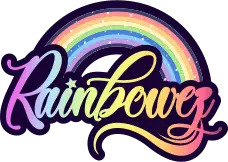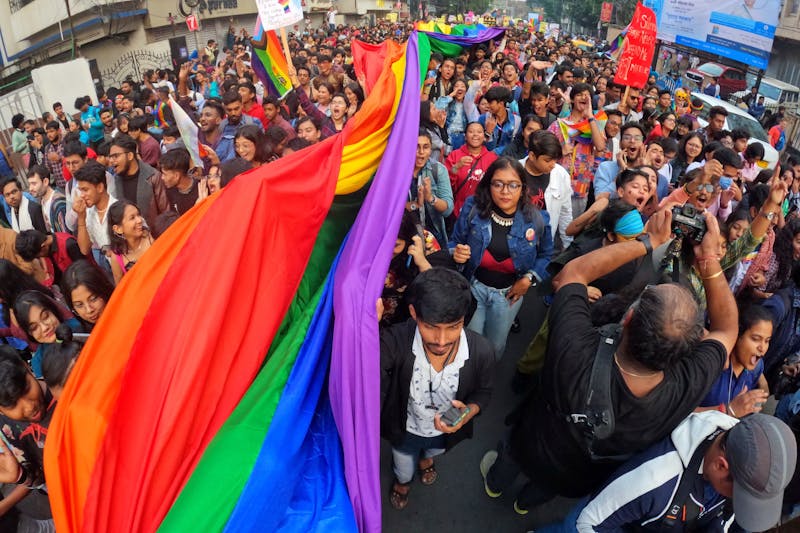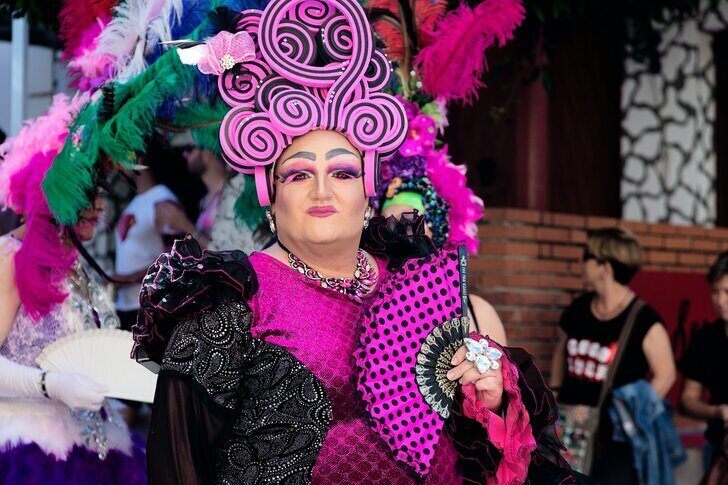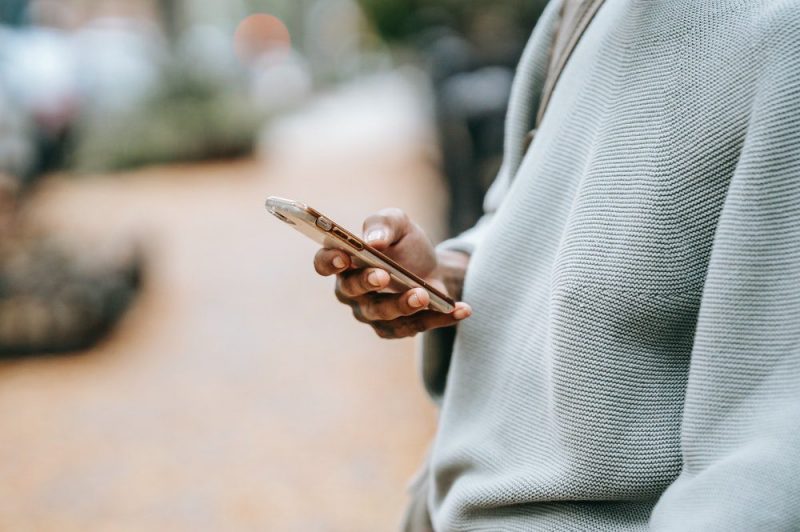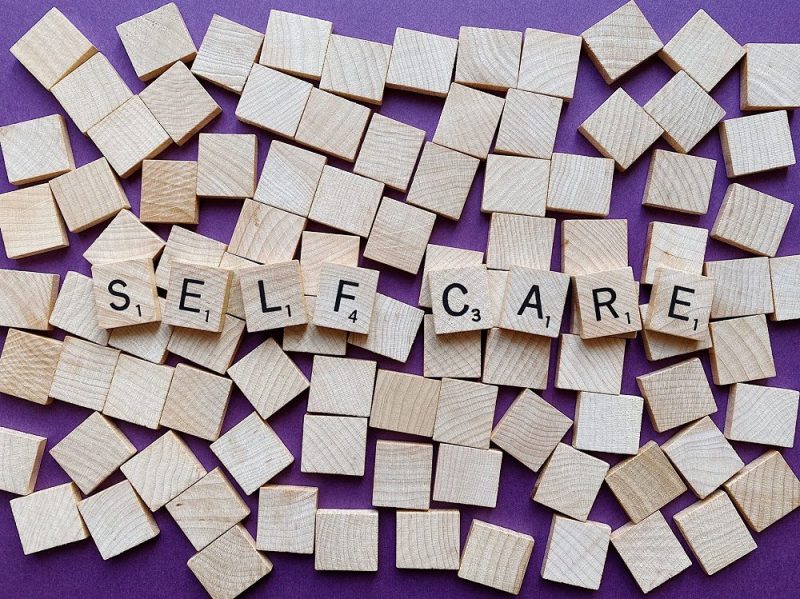In a landmark series of actions, the Modi-led Indian government has taken significant steps toward addressing anti-LGBTQ discrimination in India. These initiatives follow the October 2023 Supreme Court ruling, which recognized the pressing need for the government to safeguard the rights of the LGBTQ community.
India’s Social Justice and Empowerment Ministry, on September 1, 2024, further reinforced this by seeking public and stakeholder input to shape inclusive policies. Of course, this is a bold move in a country where LGBTQ issues have historically been sidelined.
This ruling marked a turning point, as it was the first time the judiciary explicitly called on the government to protect LGBTQ individuals from discrimination. In response, the government has initiated several progressive measures to secure equal rights and ensure that LGBTQ voices are heard in the country’s evolving social landscape.
Supreme Court Ruling Was A Turning Point for LGBTQ Rights in India
The October 2023 Supreme Court ruling in the Supriya v. Union of India case was a pivotal moment in the fight against anti-LGBTQ discrimination in India. The judgment called for immediate action to protect the rights of LGBTQ individuals, setting the stage for legal reforms and policy changes.
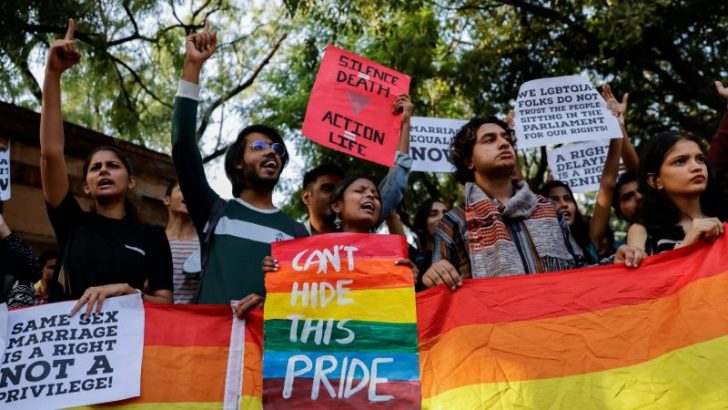
AJ / In October last year, the Indian Supreme Court recognized that despite prior decriminalization of homosexuality, discrimination persisted in areas such as employment, education, and healthcare.
The court’s directive was not just a victory for LGBTQ advocates. It also placed responsibility squarely on the government to ensure that discrimination based on sexual orientation and gender identity is rooted out. Thus, the ruling prompted the Modi government to take swift, decisive actions that signal a new era of legal protections for LGBTQ citizens.
The Formation of a High-Level Committee to Tackle Anti-LGBTQ Discrimination in India
Following the Supreme Court’s ruling, the government formed a high-level committee, chaired by the Cabinet Secretary, to define and clarify the rights of LGBTQ individuals. This committee is tasked with addressing key legal and social challenges the community faces, including anti-LGBTQ discrimination in India. This move was lauded as a crucial step toward formalizing the rights and entitlements of the LGBTQ community, giving them long-overdue recognition.
The committee includes senior officials from various ministries, including the Ministry of Home Affairs, Women and Child Development, and Health and Family Welfare.
Their mandate is clear: to develop policies that guarantee equal rights and protections for LGBTQ people in every aspect of life. By bringing together different branches of the government, the committee aims to create a holistic approach to ending discrimination and ensuring LGBTQ individuals are fully included in India's social and legal frameworks.
How to Government is Addressing Critical LGBTQI+ Concerns?
By May 2024, the high-level committee had already convened to discuss critical issues affecting the LGBTQ community. Their discussions centered on matters such as issuing ration cards to LGBTQ individuals. Thus, allowing them to open joint bank accounts with their partners, and curbing harassment based on gender identity and sexual orientation.
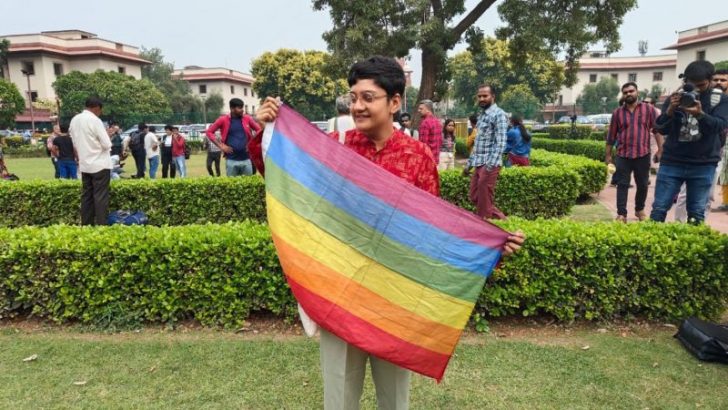
TOI / The Modi-led government is pondering over offering ration cards to the LGBTQ community across the country.
Ration cards - often considered mundane in bureaucratic systems - have life-changing importance in India. These cards grant access to subsidized food grains under the Public Distribution System, ensuring food security for millions of citizens. The move to make ration cards more accessible to LGBTQ individuals is a significant step forward.
By addressing this, the government acknowledges that basic entitlements, such as food security, should be equally available to everyone, regardless of gender identity or sexual orientation.
Plus, allowing LGBTQ individuals to open joint bank accounts with their partners signifies a meaningful recognition of same-sex relationships in a society where such unions have long been marginalized. This move is crucial for empowering couples to manage their financial affairs jointly and, in turn, strengthens their legal standing in a system that previously overlooked such partnerships.
